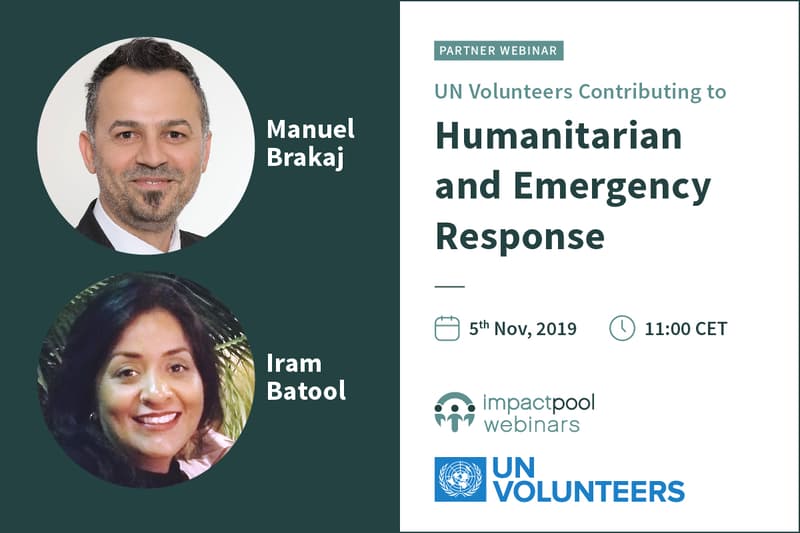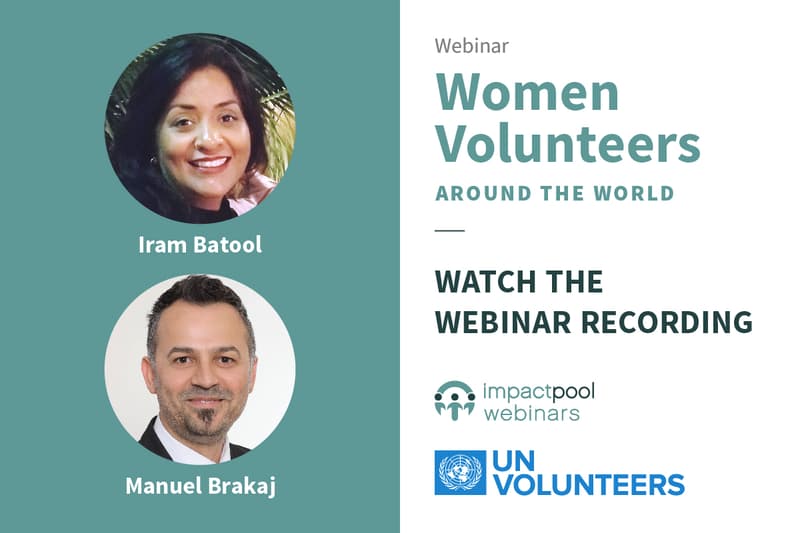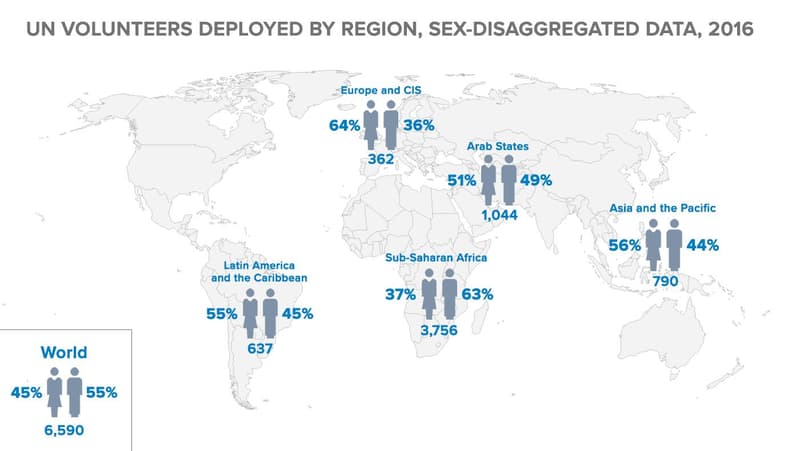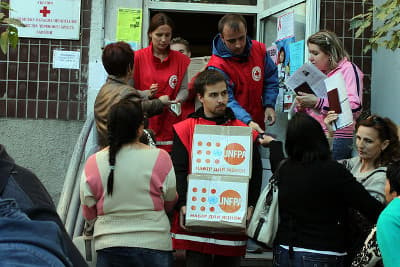Literature Review for Recent Developments in Epigenetics of Aging Mechanisms
United States
- Organization: UNV - United Nations Volunteers
- Location: United States
- Grade: Level not specified - Level not specified
-
Occupational Groups:
- Public Health and Health Service
- Translations and Languages
- Population matters (trends and census)
- Medical Doctor
- Scientist and Researcher
- Closing Date: 2023-12-05
Details
Mission and objectives
Humanity’s interest towards animal-sourced products spans millennia, yet in only the past decades has animal agriculture reached enormous capacity worldwide. Globally, over one trillion animals are raised & killed for food per year, creating an unparalleled shift over the last century in resource allocation towards non-human animals. This shift has called for ecological costs locally and globally from water, land, and energy, to the result of their mere existence intrinsically producing greenhouse gas emissions (GHG) and biological waste. Indeed, agricultural animals have always required these aforementioned environmental prerequisites to survive, but only recently have practices within animal agriculture rapidly changed towards systems which serve as a conduit for problems, such as containing animals in close quarters. Recent analyses have indicated a new-found ecological salience for large-scale animal husbandry. LCA of products within animal agriculture and international governmental data culminated in the past decades to shed light on the problems at hand, specifically environmental areas of concern from animal husbandry. This compendium will primarily address three such environmental categories: Water, Land, and Greenhouse Gas Emissions. Founded by Kristopher Gasteratos and his colleagues at Harvard University, Cellular Agriculture Society (CAS) is an international 501c3 nonprofit using donations to advance cellular agriculture, the production of animal products from cells rather than entire animals. Since the problems posed by animal agriculture affect all humanity at a global scale, it’s important that cellular agriculture is promoted all around the world. For cellular agriculture will only make its tremendous impact when it is expanded upon the planetary scale, and beyond. It is vital that volunteers around the world are given the opportunity to work together progressing cellular agricul
Context
We already have existing work and some papers collected. The online volunteer is expected to use a total of around fifty references. The task aims to address some of the following sample research questions. The online volunteer is free to explore additional related topics: • How do epigenetic clock, epigenetic biomarkers, and aging mechanisms interact and influence each other? • How can epigenetic clock, epigenetic biomarkers, and aging mechanisms be measured, validated, and standardized? • How can epigenetic clock, epigenetic biomarkers, and aging mechanisms be used to monitor, prevent, diagnose, treat, or reverse age-related diseases and conditions? • How can epigenetic clock, epigenetic biomarkers, and aging mechanisms be used to promote healthy aging and well-being for all people, especially for vulnerable and marginalized groups? • How can epigenetic clock, epigenetic biomarkers, and aging mechanisms be integrated into the policy and practice of achieving the SDGs, particularly Goal 3 (Good Health and Well-being) and Goal 10 (Reduced Inequalities)? The task will involve some of the following activities: • Conducting a systematic review and meta-analysis of the existing literature on epigenetic clock, epigenetic biomarkers, and aging mechanisms (Main task). • Review the developments and tests of new methods and tools for measuring and analyzing epigenetic clock, epigenetic biomarkers, and aging mechanisms. • Conducting a cross-sectional and longitudinal study of a representative sample of the global population to examine the associations and causal relationships between epigenetic clock, epigenetic biomarkers, aging mechanisms, and health outcomes. • Developing and evaluating interventions and strategies that target epigenetic clock, epigenetic biomarkers, and aging mechanisms to improve health and well-being. • Our team will further disseminate and communicate the findings and recommendations of the task to relevant stakeholders and audiences, such as policymakers, practitioners, researchers, and the public. The volunteer is not expected to complete further tasks after the period of assignment is finished.
Task description
Task: - (Primary task) Write a literature review of approximately ten pages about the epi-genetic clock and aging mechanisms - Investigate the role of epigenetic clock, epigenetic biomarkers, and aging mechanisms in human health and disease, and to explore the potential applications and implications of these concepts for achieving the Sustainable Development Goals (SDGs). - Write with good logic flow. Description: Epigenetic clock is a term that refers to the use of DNA methylation patterns to estimate the biological age of an individual or a tissue. Epigenetic biomarkers are molecular indicators of epigenetic changes that can reflect the exposure to environmental factors, the risk of developing diseases, or the response to interventions. Aging mechanisms are the processes that underlie the decline of physiological functions and the accumulation of damage over time. Expected impact: • A comprehensive and updated overview of the state-of-the-art knowledge on epigenetic clock, epigenetic biomarkers, and aging mechanisms. • New and improved methods and tools for measuring and analyzing epigenetic clock, epigenetic biomarkers, and aging mechanisms. • Novel and robust evidence on the links and effects of epigenetic clock, epigenetic biomarkers, and aging mechanisms on health and well-being. • Effective and feasible interventions and strategies that leverage epigenetic clock, epigenetic biomarkers, and aging mechanisms to enhance health and well-being. • Increased awareness and advocacy for the use of epigenetic clock, epigenetic biomarkers, and aging mechanisms as tools for achieving the SDGs.








